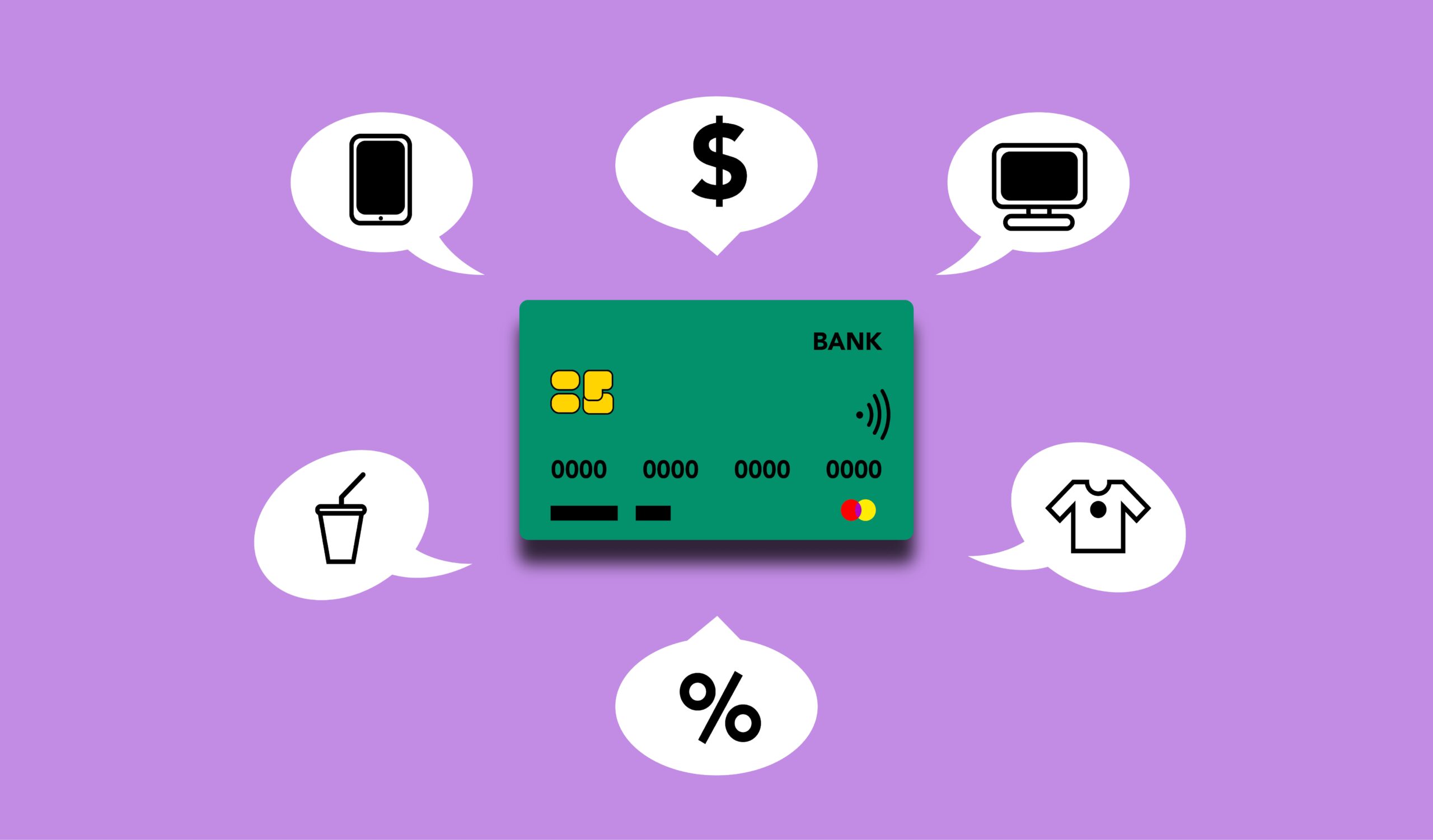As a responsible adult, managing your finances well is crucial to achieving financial stability and success. One essential aspect of financial management is understanding and managing your credit score. A good credit score is key to accessing credit when you need it, such as when purchasing a car or a home, and can even impact your ability to rent an apartment or land a job. In this article, we’ll discuss what a credit score is, how it works, and why it matters.
What Is a Credit Score?
A credit score is a numerical representation of your creditworthiness, calculated based on information in your credit report. Credit scores typically range from 300 to 850, with higher scores indicating better creditworthiness. Credit scores are used by lenders to determine how likely you are to repay debt on time, and to help them decide whether to approve your credit application.
How Is a Credit Score Calculated?
Credit scores are calculated using various factors, including payment history, amounts owed, length of credit history, new credit, and types of credit used. Payment history is the most important factor, as it indicates whether you’ve made payments on time. Amounts owed refers to the amount of debt you have, and how much of your available credit you’re using. Length of credit history refers to how long you’ve had credit, and new credit refers to recent credit inquiries and new accounts opened. Types of credit used refers to the different types of credit you have, such as credit cards, installment loans, and mortgages.
Why Does Your Credit Score Matter?
Your credit score matters because it’s often used by lenders to determine your creditworthiness and to make decisions about whether to approve your credit application. A good credit score can help you secure loans and credit at favorable terms, while a poor credit score may make it difficult for you to access credit or result in higher interest rates and fees. A low credit score can also impact your ability to rent an apartment or land a job, as landlords and potential employers may use credit scores as part of their screening process.
Tips for Improving Your Credit Score
If you’re looking to improve your credit score, here are a few tips to help you get started:
- Make payments on time: Payment history is the most important factor in calculating your credit score, so it’s crucial to make payments on time. Set up automatic payments or reminders to help you stay on track.
- Reduce your debt: High amounts owed can negatively impact your credit score, so focus on paying down your debt.
- Check your credit report regularly: Your credit report may contain errors or inaccuracies that could negatively impact your credit score. Check your report regularly and dispute any errors you find.
- Avoid opening too many new accounts: Opening too many new accounts in a short period of time can negatively impact your credit score.
- Use credit responsibly: Using credit responsibly, such as keeping balances low and paying off debt in full each month, can help you build a positive credit history.
Managing your credit score is an essential part of financial management. Understanding what a credit score is, how it’s calculated, and why it matters can help you make informed decisions about your finances and take steps to improve your creditworthiness. By following the tips outlined in this article, you can take control of your credit score and improve your financial well-being.





